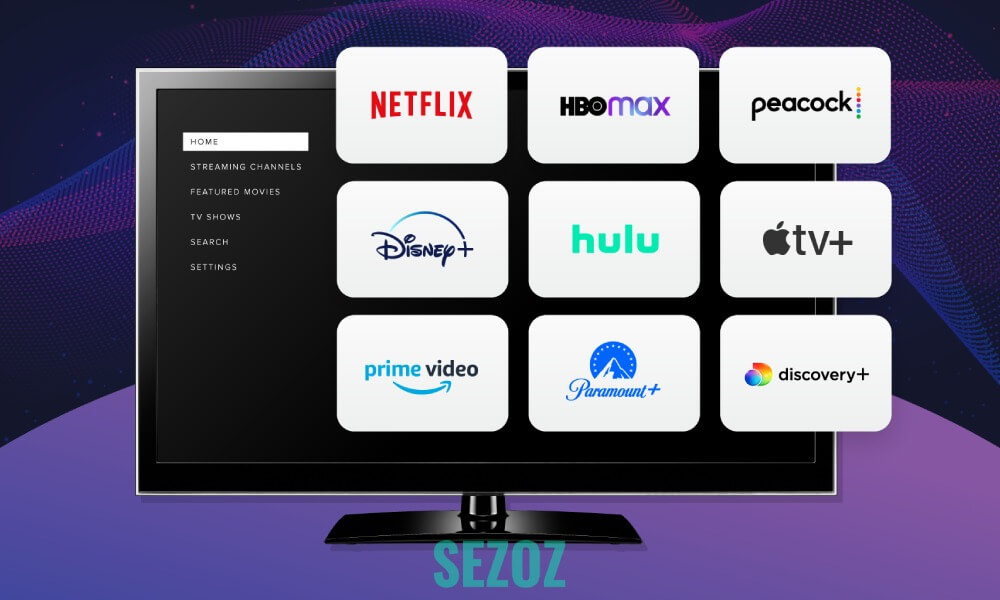The Impact of IPTV on the Entertainment Industry
IPTV or Internet Protocol Television is a new way of delivering TV services through the internet. It offers a wide range of channels and shows that cater to different interests, including movies, TV series, sports, news, and more. With the rise of IPTV, the entertainment industry has undergone significant changes. In this blog post, we will explore the impact of IPTV on the entertainment industry.
- Increased Access to Content IPTV has significantly increased access to content for viewers. With IPTV, viewers have access to a vast selection of channels and shows that are not available on traditional cable or satellite TV services. IPTV has opened up new avenues for content creators and producers to distribute their content to a global audience.
- Disruption of Traditional TV Distribution The rise of IPTV has disrupted traditional TV distribution channels. IPTV allows viewers to access content directly through the internet, bypassing traditional TV distribution channels such as cable and satellite. This has led to a shift in the balance of power in the entertainment industry, with new players emerging and traditional TV networks struggling to adapt to the new landscape.
- Personalized Viewing Experience IPTV offers a personalized viewing experience for viewers. With IPTV, viewers can choose the channels and shows they want to watch, rather than being limited to a pre-determined selection of channels offered by traditional TV services. This has led to an increase in demand for niche content that caters to specific interests and preferences.
- Increased Competition The rise of IPTV has led to increased competition in the entertainment industry. New players such as Netflix, Amazon Prime Video, and Hulu have emerged, offering viewers a range of original content that is not available on traditional TV networks. This has forced traditional TV networks to adapt and invest in their own streaming services to remain competitive.
- Shift in Advertising IPTV has also led to a shift in advertising. With IPTV, viewers can choose to watch content without advertisements, which has forced advertisers to explore new avenues for reaching their target audience. This has led to an increase in product placement and branded content, as advertisers seek to integrate their products and services into the content that viewers are watching.
In conclusion, IPTV has had a significant impact on the entertainment industry. It has increased access to content for viewers, disrupted traditional TV distribution channels, offered a personalized viewing experience, increased competition, and led to a shift in advertising. As IPTV continues to evolve and grow, it will be interesting to see how the entertainment industry adapts to these changes and what new opportunities and challenges arise.




